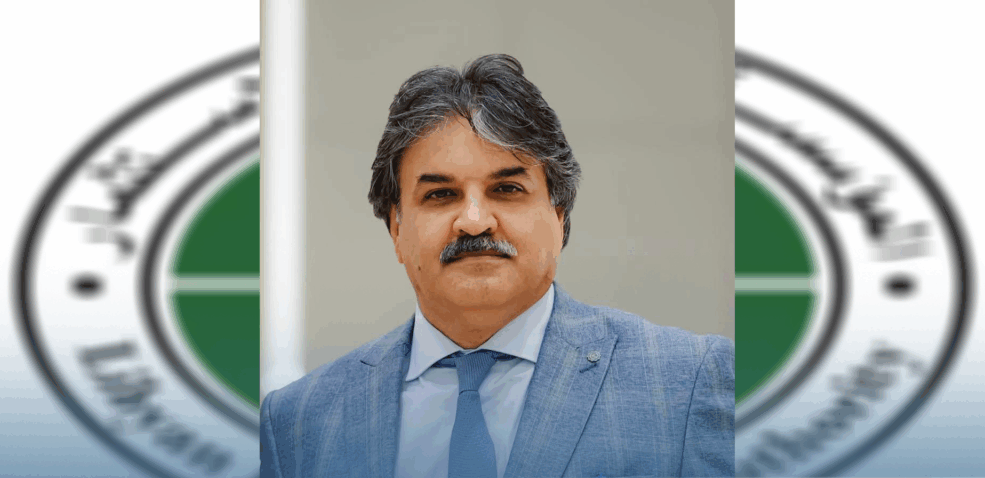Benghazi – The Chairman of the Libyan Investment Authority appointed by the House of Representatives, Dr. Ashraf Badr, affirmed the Authority’s commitment to the statement issued by the Committee for Monitoring Frozen Assets on October 10 in New York City. He noted that Resolutions 1970 and 1973 of 2011, which stipulated the freezing of Libyan assets, were a precautionary measure to protect them from tampering and loss.
Badr explained that the statement called for the formation of a specialized financial committee to review these assets since 2011, with the aim of exposing the looting and plunder they have been subjected to by illegitimate entities over the past years. He pointed out that a misunderstanding of UN Security Council Resolution 2769 of 2025 has led to a delay in its implementation by some international financial institutions, which remain hesitant to manage these funds for fear of granting authority to entities lacking recognized legal status.
The parliamentary committee tasked with following up on frozen Libyan assets abroad, chaired by MP Yousef Al-Aqouri and with the membership of MP Omar Garmil and Ambassador Murad Hamaima, had called in its statement from New York for the urgent implementation of Security Council Resolution 2769 and a comprehensive financial review of all frozen assets from 2011 to 2025.
The committee also clarified that it held a series of high-level meetings at the United Nations headquarters with the Sanctions Committee and the Panel of Experts on Libya to discuss the sanctions regime imposed on Libyan sovereign assets and its extended effects, stressing that these assets belong to the Libyan people and that preserving them is a national and sovereign duty.
The committee welcomed the adoption of the new resolution, which allows the Libyan Investment Authority to manage and invest the frozen assets within the countries holding them, within the framework of the UN freezing regime. It considered this a positive step towards protecting the real value of the assets, reducing financial losses, and promoting low-risk investments under the direct supervision of the UN Security Council.
